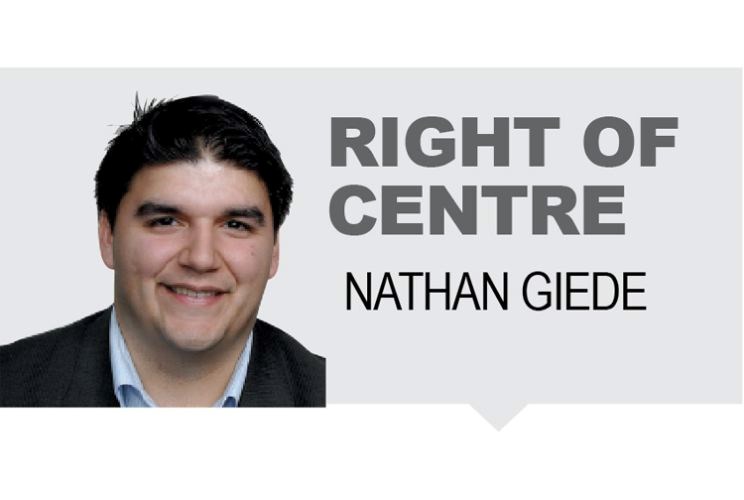Apparently June is Pride Month. Who sets the criteria used to designate certain parts of the calendar for a particular people or persuasion is a mystery. Ostensibly, the reason for pride events is that these counter the shame or exclusion felt by LGBTTQQIAAP persons, past and present. But given the celebrations' ubiquity, as well as the extensive corporate sponsorship, the question is how could these festivities be any more mainstream and has something been lost?
Subcultures, with their own language, art, and protocols, were created by partakers in non-heterosexual behavior and non-binary gender identity over the centuries, their endurance largely thanks to segregation from mainstream society, not in spite of it. Even in the 60s, 70s, and 80s, participants revelled in choosing an unconventional life, believing the intolerance they experienced was a validation of their individuality and proof of society's fetish for repression.
In the last 30 years, the landscape has changed radically: "intersectionality" for any who are oppressed has created a groundswell of activism. Pierre Trudeau's decriminalization of homosexual activity now seems quaint; government as well as big business and non-profits, including many churches, are expected to grant new rights or endorse new categories, setting the gold standard of tolerance, regardless of their traditional location on the ideological spectrum.
By contrast, any who question this political movement's speed, agenda or ascendancy invite a kind of social and political scorn that make old Soviet show trials look like a stroll in our newly renamed park. Unspeakable a generation ago, now these concepts are taboo to critique.
But progress at lightspeed isn't any more comfortable for its supporters: demands for marriage equality were anathema to most libertines and issues surrounding transgenderism have left many of the older cadre feeling like prudish conservatives for the first time in their lives.
Such questions demand an answer: is gender incidental or essential to our being? If the former, why is there any moral imperative for society to financially support those transitioning? If the latter, how can gender ever be changed? Why are advocates allowed to use both arguments simultaneously despite their logical incompatibility? Even ignoring all of this, is it ethical to let a minor brave the gauntlet of drugs and surgery this procedure requires to permanently change?
Perhaps that's the psychobabble expected from one who so clearly fits the profile of an "oppressor," despite those doubts being shared by many members within the movement. The rebuttal is that self-correction sustains our society - all are encouraged to reflect upon that truth.
To the question of loss, while I am no connoisseur of "gay culture," it appears clear that greater acceptance has resulted in less vibrancy, as any amount of comfort can dull our spirit.
Put another way, I am fairly certain being LGBTTQQIAAP ought to be more than a political statement, or just one more option on the menu of bourgeois consumerism - something about "the Sabbath was made for man" rings an old bell.
Being human is more than attending a rally or playing to type; it is the pursuit of happiness and meaning. That requires facing risks out in the world as well as the deepest fears within ourselves: quite the opposite of "safe spaces."
Such suggestions do not go far in our age of outrage and puritanical political correctness.
But I remain convinced that the alleviation sought by the oppressed can only be found within the uniqueness of individual experience and accomplishment.
Until then, token months or garish parades awash with corporate cash make for sad substitutions, leaving everyone unsatisfied.



